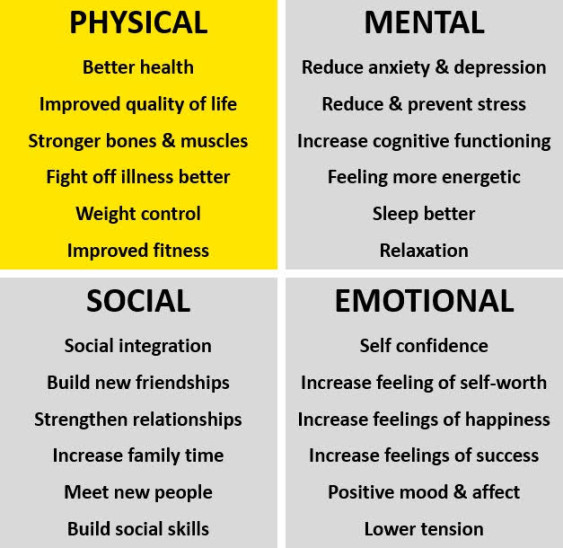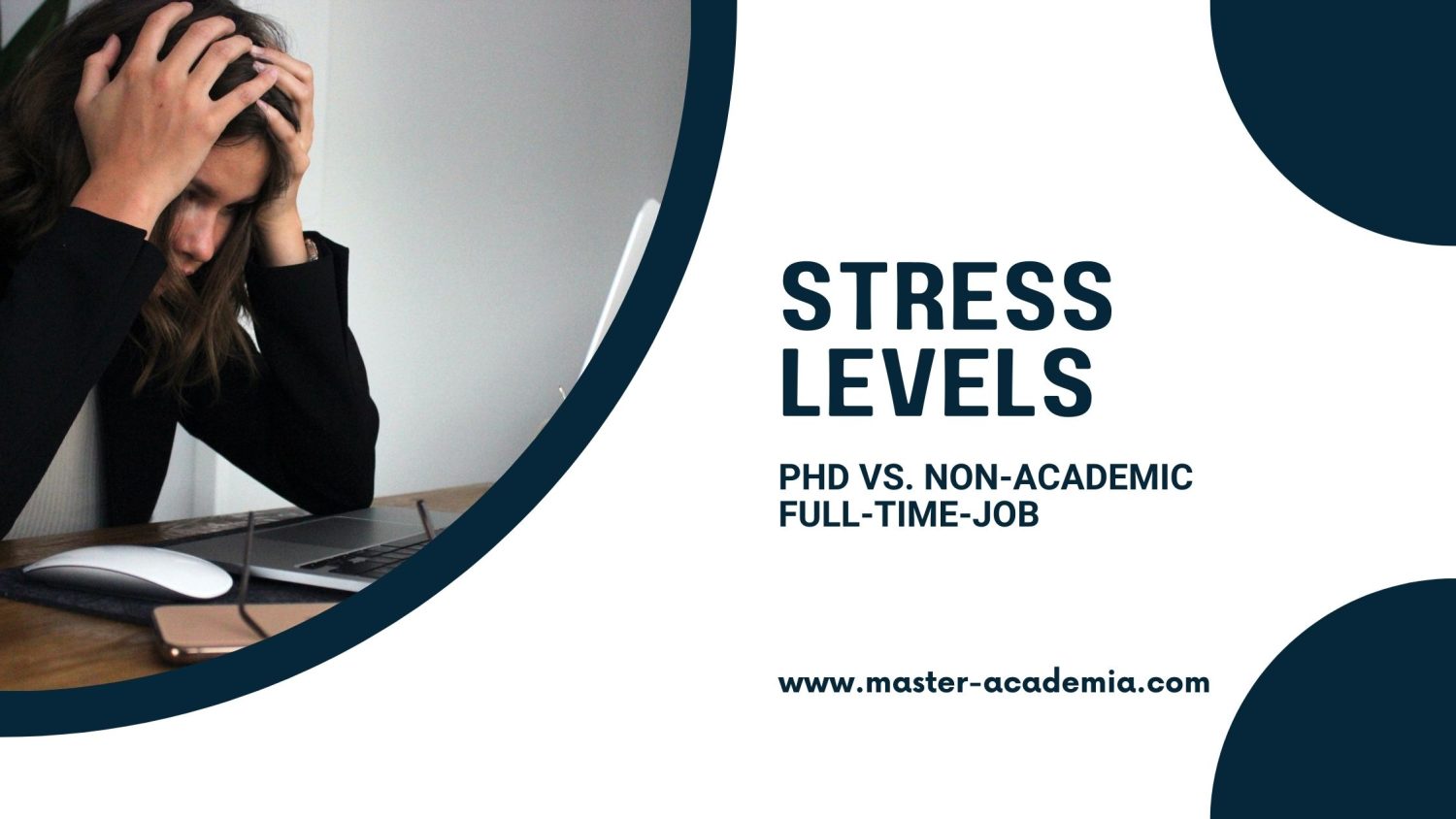
Lack of Passion and Motivation
In the past text, lack of passion and motivation was evident due to a disconnect with the subject matter. It seemed that the individual struggled to find genuine interest in the field they were working in, which greatly impacted their motivation levels.
Difficulty in maintaining motivation and focus
It was challenging for them to maintain motivation and focus on their tasks. Distractions seemed to deter their progress, leading to productivity issues. Finding ways to stay motivated and focused will be key in overcoming these hurdles and achieving success.
Poor Time Management
Struggling to meet deadlines and timelines
In the past, they encountered challenges in meeting deadlines and timelines due to poor time management skills. This led to rushed work and compromised quality. Seeking strategies to improve time management can enhance efficiency and ensure timely project completion.Inability to prioritize and organize tasks effectively
They faced difficulties in prioritizing and organizing tasks effectively, resulting in confusion and inefficiency. Developing a systematic approach to task management, such as creating daily schedules or using productivity tools, can help them streamline their workflow and improve overall productivity.
Limited Research Skills
Difficulty in conducting thorough and in-depth research
In the past, they faced challenges in conducting thorough research, leading to incomplete information. Strengthening research skills through training or seeking guidance from experienced individuals can help improve the quality and depth of their research efforts.Struggle to analyze and interpret research findings
Understanding and interpreting research findings posed difficulties for them previously, affecting the accuracy of their analysis. Engaging in courses on data analysis or seeking mentorship can aid in developing the skills necessary to analyze and interpret research data effectively.
Weak Writing and Communication Skills
Ineffective writing and presenting research work
In the past, he struggled with ineffective writing when presenting research work, impacting clarity and coherence. Enhancing his writing skills through workshops or seeking feedback from peers can enhance the quality of his research presentations.Difficulty in articulating ideas and concepts clearly
Previously, explaining ideas and concepts clearly was a challenge for him, leading to misunderstandings. Improving communication skills through practice and participating in communication courses can assist in effectively conveying complex ideas.
Lack of Resilience
Difficulty in handling setbacks and rejections
In the past, handling setbacks and rejections posed challenges for him, affecting motivation. Developing resilience through self-care practices and seeking support from mentors can help in bouncing back from disappointments.Struggle to cope with the challenges of the PhD journey
Previously, coping with the challenges of the PhD journey was tough for him, causing stress. Building a strong support network and prioritizing self-care can aid in managing the demanding nature of doctoral studies.
Isolation and Lack of Support
Feeling isolated and disconnected from academic community
In the past, he often felt isolated from the academic community, which led to a sense of disconnection. Engaging in networking events and joining study groups can offer opportunities for connection and collaboration, reducing feelings of isolation.Limited support from academic supervisors and peers
Previously, he encountered limited support from academic supervisors and peers, creating barriers to progress. Seeking mentorship from other faculty members and actively communicating needs with supervisors can enhance the level of support received during the academic journey.
Health and Well-being Concerns
Neglecting physical and mental well-being
In the past, he occasionally neglected his physical and mental well-being amidst academic pressures, impacting his overall health. Prioritizing self-care routines such as exercise, meditation, and seeking counseling support can help improve well-being during challenging times.Struggling to maintain a healthy work-life balance
Previously, he faced challenges in maintaining a healthy work-life balance, leading to burnout and exhaustion. Setting clear boundaries between work and personal life, delegating tasks when possible, and taking breaks to recharge are essential strategies for ensuring a balanced lifestyle.
Imbalance in Work and Personal Life
Difficulty in separating work from personal life
He used to find it challenging to separate work from personal life, often bringing work-related stress home. Establishing boundaries and creating a clear distinction between work hours and personal time helped him maintain a healthier balance.Struggle to engage in leisure activities and self-care
Previously, he struggled to find time for leisure activities and self-care practices amidst his busy schedule. Prioritizing hobbies, relaxation techniques, and self-care rituals became crucial in improving his overall well-being.
Comments
Post a Comment